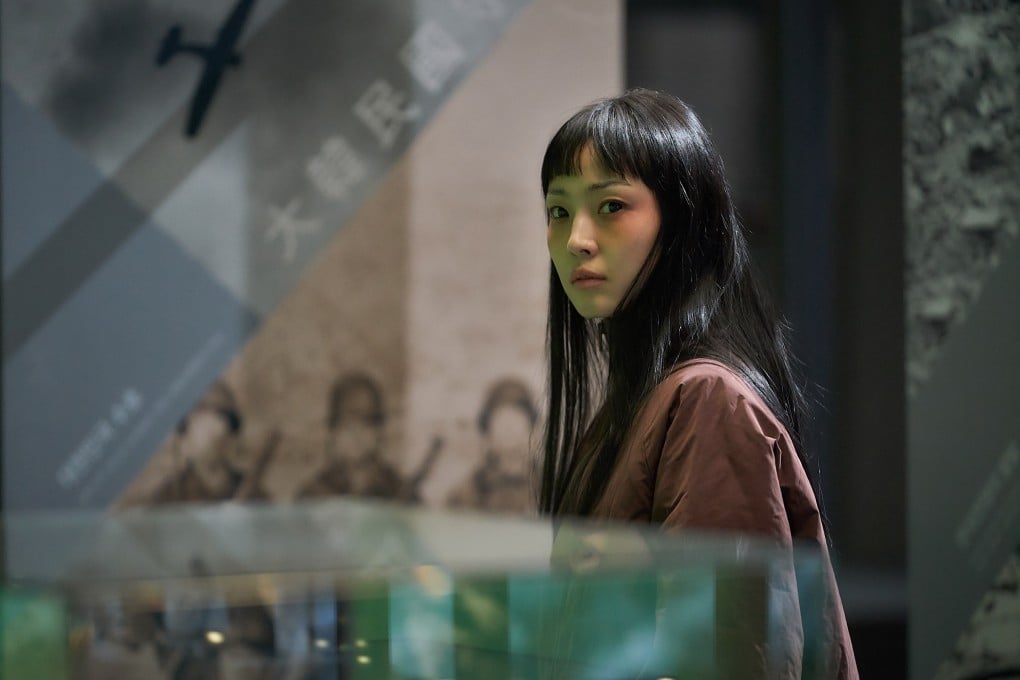Advertisement
Review | Netflix K-drama review – Parasyte: The Grey, Train to Busan director’s adaptation of classic Japanese manga, a mixed bag
- Parasyte: The Grey, directed by Train to Busan’s Yeon Sang-ho, lacks the humour of other adaptations of the Japanese alien invasion manga
- The story follows Jung Soo-in (played by Jeon So-nee), who is infected by one of the invading ‘parasytes’, which develops a bond with her
Reading Time:3 minutes
Why you can trust SCMP
1

3/5 stars
Lead cast: Jeon So-nee, Koo Kyo-hwan, Lee Jung-hyun, Kwon Hae-hyo
Parasyte: The Grey, the new Netflix event series from Train to Busan mastermind Yeon Sang-ho, is based on the iconic Japanese manga Parasyte by Hitoshi Iwaake.
Advertisement
Rather than being a direct adaptation, this six-part series takes place in the world created by Iwaake, with a story specific to South Korea.
Although ostensibly a new story, Yeon’s series is in many ways a retread of the original, starting from the same point – alien parasites raining down from the sky and infecting human hosts – and following a pair of lead characters who develop a similar bond: a “parasyte” and the human host it doesn’t fully take over, who must rely on each other to survive.
Advertisement
Advertisement
Select Voice
Choose your listening speed
Get through articles 2x faster
1.25x
250 WPM
Slow
Average
Fast
1.25x